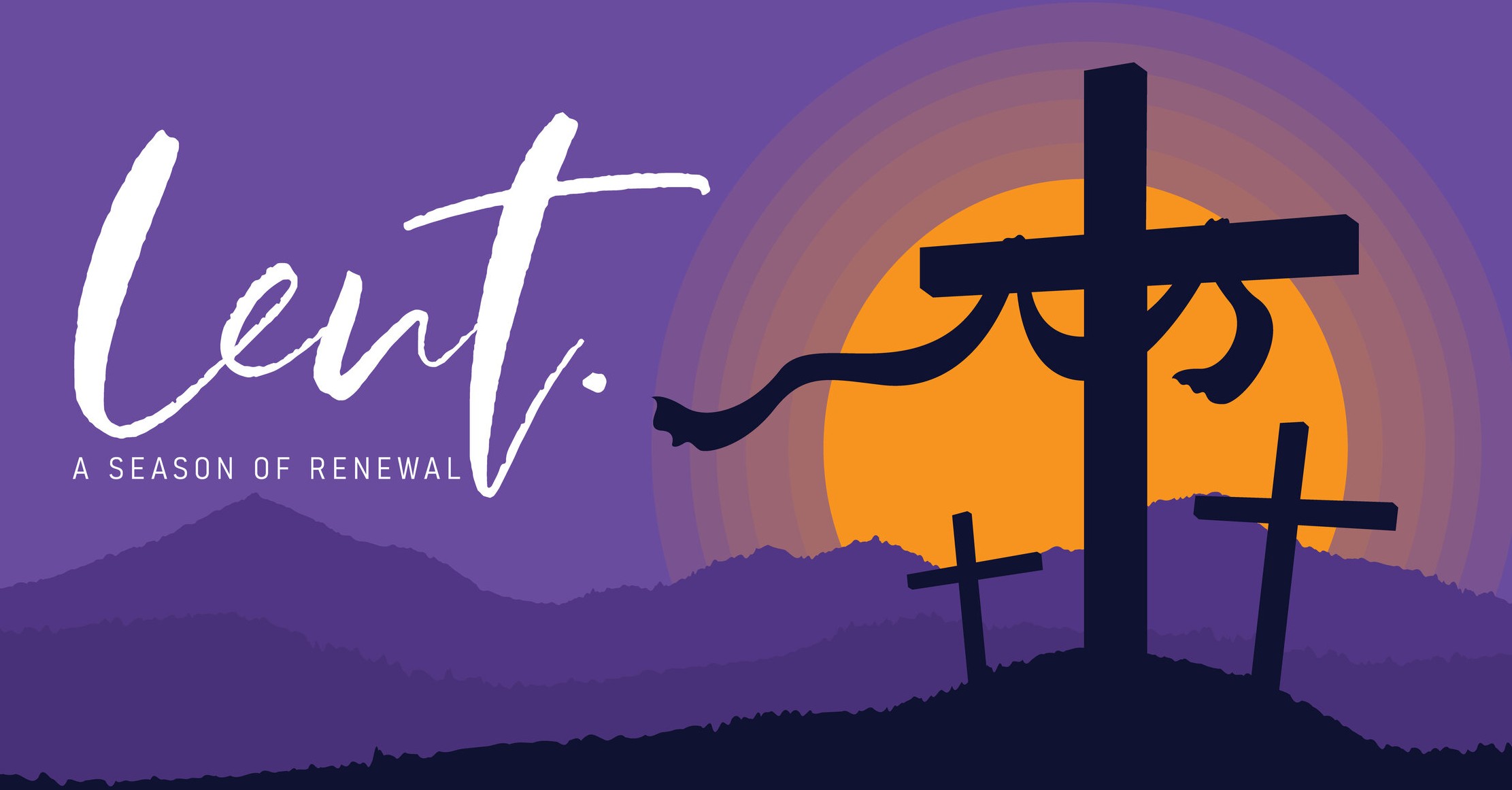4th Sunday of Easter, 8 May 2022
The Jewish Feast of the Dedication, Hanukkah, is a thanksgiving celebration for the rededication of the temple in 165 BC after it was defiled through pagan sacrifices. God is holy, so we need to treat Him as holy, and He calls us to be a holy people. Its celebration with palms reminds us of Palm Sunday. When Jesus entered Jerusalem on that occasion, He cleansed the temple. As Messiah and the Word made flesh, He inaugurated the New Covenant and consecrated the new temple with the new sacrifice of Himself.
When the Jews said He had kept them in suspense, and asked, “Who are you?” Jesus answered, “Don’t you see what I do? Haven’t you heard what I said? Don’t you know what Scripture says about the Messiah? I told you, but you would not believe.” He plainly said, “If you don’t believe in Me, you don’t belong in My Kingdom.”
We need to follow our Shepherd
Then He speaks about the sheep and the Shepherd: “The sheep hear My voice. I know them, and they follow My voice.” Many of us are perplexed when someone we love passes away. We want to be in control over our lives and our destiny; but after death we don’t have control – we don’t even know where we’re going. What we know is God’s promise. We don’t know what His Kingdom looks like; we only have a hint. We will all face death, and we don’t know what will happen. But we have a Shepherd, and if we follow Him, He knows where He is going, and then we will know where we are going. We don’t know what will happen next, but Christ is our Shepherd, and He knows us and calls every single one of us by name.

The word “hear” is used throughout Scripture, but in the Shema, “Hear O Israel…” it has a more specific meaning. We hear physically with our ears, but to hear also means spiritual apprehension; we are to understand what God is saying, and to obey. We hear God’s Word being spoken, but we have the choice to follow or not. When Scripture says God hears our prayers, it means He answers. In Exodus 3:7, He says,
“I have observed the misery of My people who are in Egypt; I have heard their cry…”
God acted because He heard His people’s prayer. We as God’s people need to hear, understand, and respond to God in obedience.
The shepherd is a typical image throughout the Bible: Abel, Abraham, Jacob, Moses, David, and Amos were all shepherds. Sheep have shepherds for a reason. Sheep can demonstrate unintelligence: they tend to go astray and get lost, and they panic easily. Sometimes they soak themselves in the river, and if they are not sheared, because of their fleece they can drown if the shepherd does not rescue them. The Bible calls us the sheep of God’s pasture, because we need a shepherd. Humans can be very clever and create things – we’ve invented the atomic bomb; but we remain in need of God’s guidance, otherwise we can get lost very easily.
To be God’s sheep is to acknowledge God as our Shepherd. We need to recognize His voice in the midst of many voices, as opposed to the voice of the stranger, or otherwise say, “That’s not God’s voice; why should I follow?” When we read something on the internet or hear something on the news, we need to discern whether it’s His voice or not, through our relationship with Him.
God makes demands…
As I read the Scriptures, sometimes from a human perspective I question whether God’s demands on His people are unjustified. Consider the Old Testament mandate,
“You shall love the Lord your God with all your heart, and with all your soul, and with all your might.”[1]
God specifically says “all’; I cannot say I love God, and hold something for myself. Your might, or strength, means everything you have, all your riches. “Shall” is very close to “must”: it express a strong purpose, certainty, or compulsion, an imperative necessity. God is saying we need to love Him as a necessity and as something compulsory.
Why would God make such demands on His people, and use such strong words? Did God create humans because He needed someone to love Him? Is He insecure, or desperate to feel loved? He says we are to love Him more than ourselves. Given the human predicament, it is safer and wiser to love God than to love oneself. C.S. Lewis said the reason God loves us is that we need to be loved. God created us so He could love us, and this is demonstrated by His dying on the cross; He didn’t need to die, but we needed to know His love. Every day we need to know there’s a God who loves us; when people reject you, there’s a God who will never reject you, who gives and offers us His love.
Jesus told Peter and his companions, “Follow Me, and I will make you fish for people.”[2] Immediately they left everything, including their business, and followed Him. Later they asked, “We have left everything – houses, brothers, sisters… What will we get?” Jesus told the rich young ruler, “Sell all your possessions”; if that were the requirement for all Christians, who would come to church? The world is very materialistic; today everything has to do with money. God demands that we worship Him and give Him everything; He doesn’t need it, but He owns everything.
One of the Ten Commandments is to keep the Sabbath holy. In 1999, businesses in Spain were closed on Sundays, but now everything is open. There’s a great temptation to work on Sundays: “If I go to church on Sundays, what will I gain? What do I get for letting go of the opportunity to work and earn double?” Instead, we should ask, “What do we lose when we don’t worship God?” If God said you should consider the Sabbath holy, it’s for your good. This is not to condemn those who have to work on Sundays; but it’s better to believe God for a job that will help you support your family without working on Sundays. The Christian faith is to be handed down from one generation to another; but if parents don’t go to church on Sundays, neither will their children, and eventually people won’t believe in God – what we do affects future generations.
… but His promise is greater
God is not ashamed or embarrassed but audacious in making promises. Jesus says,
“My sheep hear My voice. I know them, and they follow Me. I give them eternal life…”[3]
Only God can give eternal life. There’s no comparison between what He demands and what He promises. Ephesians chapter 1 is very powerful; it talks about God’s promises and how it is to be in Christ. It says repeatedly “in Christ” – this is what you get for being in Christ! C.S. Lewis said if man is looking for something the world cannot give, then he is meant for another place. You are longing for something the world cannot give you, but only God, your Shepherd, can. Whilst we need things on earth, we won’t find what we truly need in this life, but in the life to come.
II Timothy 2:12 says, “If we endure, we will also reign with Him”; Revelation 20:6 says, “They will be priests of God and of Christ, and they will reign with Him for a thousand years”. Let us not feel bad when God seems to demand so much from us. What He has promised and intends to give you is far beyond this; you can lose everything in this life, and it will be replaced with what God has promised. We need the right perspective: We’ve come to believe that the world is what we need, and that it can give us everything we need – but you will be disappointed. If God demands so much, it’s because He promises what only He can give. He will give us eternal life, which the world cannot. When God makes promises, you can count it as done; He never promises unless He is willing to give it to us.
Heavenly Father, You gave us Your Son; when we don’t know where to go and what to do, You guide and lead us. We acknowledge that although we can create many things, we are sheep of Your flock and need Your guidance. Sometime we are unintelligent and don’t know what to choose, and we choose temporary rather than eternal things. May we surrender our lives to You and acknowledge You as the Shepherd of our soul, that You may lead us even beyond this life to Your heavenly Kingdom, as You have promised. Thank You for Your promises, and for fulfilling Your promises, especially Your promise of eternal life, to those who have gone before us. Thank You that we become a people of hope because of the promises You give us. May we trust You as the Shepherd of our soul.
If you haven’t made that kind of commitment, simply pray, “Lord, be the Shepherd of my soul from this day on.”
Sometimes I think I know the way, but You know the way. Sometimes I think I know the best, but no – You know the best, Lord, for all of us. Guide and lead us. In the name of the Father, and the Son and the Holy Spirit, amen.
Study questions
- Who or what is the “new temple” referred to in the first paragraph? (see John 2:13-22, Ephesians 2:19-22, I Peter 2:5) In this context, why are we called to be holy? What does this mean?
- What does it mean to be God’s sheep? How is this reflected in your life, individually, in your family, and in your church? Do you need to commit yourself to following Jesus?
- In what areas of life is it particularly important to discern God’s voice? How does this apply to the media and to “social media’”? How do you distinguish between His voice and “the voice of a stranger” (other voices that are against God and His ways)?
- Are God’s demands unreasonable or unjustifiable? Which is greater – His demands, or His gift of eternal life? Is there anything you are unwilling to give Him?
- How important is it to go to church on Sundays, and why? What do we lose if we don’t? If you are working on Sundays, are you willing to ask God in faith either to change your work schedule or to give you a job that doesn’t require this?
- Read Ephesians chapter 1. What are the blessings God has given you in Christ? How are you experiencing them in your life? Can the world give you anything to compare with them?
[1] Deuteronomy 6:5
[2] Matthew 4:19
[3] John 10:27-28
All Scripture quotations are from the New Revised Standard Version









